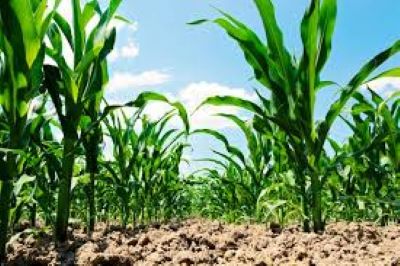The Climate and Sustainable Development Network of Nigeria (CSDevNet), in collaboration with the African Focus for Youth Development (AFFYD), on Tuesday trained smallholder farmers in Kano on climate literacy to help them adapt to the growing impacts of climate change.
The training, themed “Enhancing Climate Literacy to Strengthen the Adaptive Capacity of Smallholder Farmers and SMEs in Nigeria,” was supported by PACJA, Climate Alaramma Sustainable Development Initiative, and Guard Africa.
Speaking at the event, CSDevNet National Coordinator, Mr. Steven Abu emphasized the training’s goal of strengthening resilience and ensuring food security amid climate threats.
“The objective is to equip smallholder farmers and SMEs with climate-smart agricultural practices like agroforestry and sustainable farming, enabling them to adapt to climate impacts,” Abu stated.
He noted a significant gap in climate change awareness among farmers and other key community actors, urging participants to share the knowledge with others in their communities.
The Founder of Climate Alaramma Sustainable Development Initiative and CSDevNet’s Northwest Zonal Coordinator, Ibrahim Muhammad-Shamsudeen highlighted the urgency of the initiative, particularly as the world faces a triple planetary crisis—climate change, biodiversity loss, and pollution.
“Climate change directly affects smallholder farmers and SMEs, who often experience reduced productivity and post-harvest losses, pushing them into poverty and food insecurity,” he said.
He warned that without intervention, these issues could escalate into conflict and migration, and called for effective implementation of climate policies.
“Africa has progressive climate policies, but our challenge remains poor implementation. It’s time for the government to act, especially in supporting those who grow our food,” Shamsudeen added.
One of the participants, Danladi Bello, from Yusuf Maitama Sule Federal University of Education, Kano, praised the NGOs for organizing the session.
“This training has equipped us with vital knowledge on how to mitigate and adapt to climate change. It’s exactly the kind of information local farmers need to improve productivity and protect their livelihoods,” Bello said.


